Facebook's crackdown on fake news spreads to Germany
But no word on when Canada can expect to see it
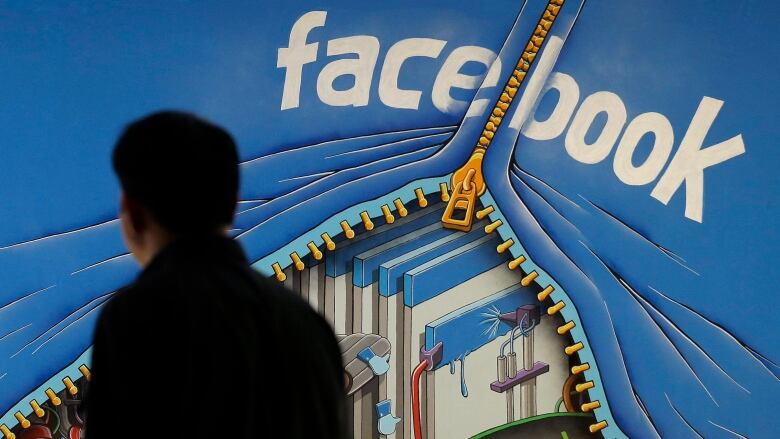
So-called "fake news" played a major role in the U.S. election. Now, with the German federal election looming, Facebook has announced new tools in that country to help curb the spread of misinformation. But questions remain about just how effective these tools are.
How has Facebookpromised to address its fake news problem?
About a month ago, Facebook started to roll out a new set of tools to fight the spread of fake news on its service. These includereporting tools that make it easier for people to flag poststhey believe are hoaxes, by clicking in the upper right-hand cornerand answering some questions.
It also includespartnerships with third-party fact-checking organizations like Snopesand ABC News. If enough people flag a post as fake news, it may be sent to a fact-checkers, who can then mark it within Facebook as "disputed."

When a post is marked as disputed, Facebook says it may appear lower in your News Feed.
Facebook calls it a test, and it's only available in the U.S. right now.But Facebookjust announced they're rolling out these fake news tools internationally, starting with Germany.
Why Germany?
Facebook hasn't said exactly why Germany is the next country to get these tools, but it's not hard to guess why.First, the German federal election is looming (sometime between August and October this year), and there's a concern viral fake news stories could affect the election.
Buzzfeed News found a number of Facebook pages and websites that were publishing false and misleading stories about the German Chancellor Angela Merkel, who's up for re-election.These websites have a history of publishing fake news and conspiracy theories, and the Buzzfeed report found the stories they publish are top performers on Facebook in both German and English.
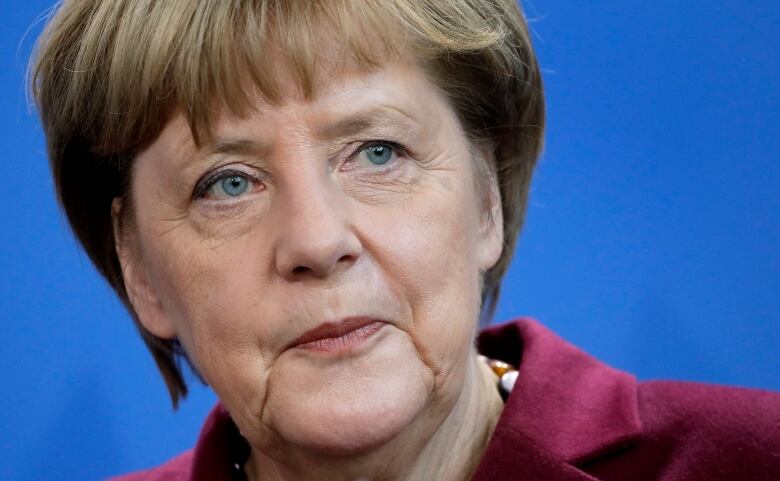
How will we know if these tools are effective in fighting fake news?
Anatoliy Gruzdis the director of the Social Media Lab at Ryerson University, where he studies online political discourse and filter bubbles. He said it's still very early for these toolsand that it'll take time to assess whether they're effective at curbing the spread of fake news.
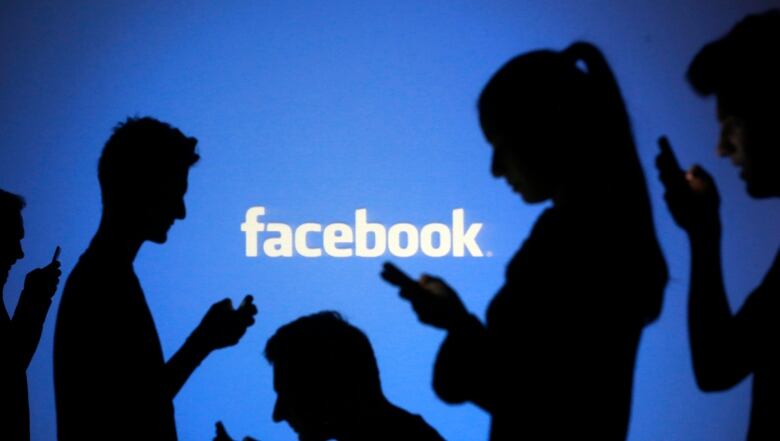
Gruzd also expects some people will use the fake news reporting tools in ways they weren't intended: "My suspicion is, based on our research here in the social media lab that people will click to flag stories that they just don't agree with."
Gruzd saidit could take a long time to properly measure whether these changes to Facebook make a difference for fake news. And in the case of Germany, he's doubtful there's enough time to answer those questions before the election.
What's the incentive for Facebook to make these changes?
There's a pretty clear financial incentive at play. Germany has said it plans to fine social media sites if they don't take down fake or defamatory news within 24 hours. The proposed fine is 500,000 euros.
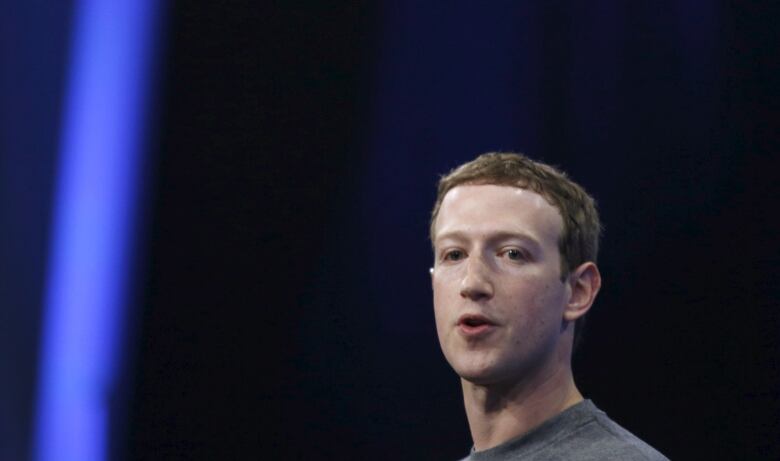
Beyond that, Gruzdbelieves there's an indirect financial incentive as well, related to public perception of the company: "If they keep getting negative attentionand coverage about their business practices, then we might see that translate into lower engagement level among Facebook users. So, if they see those numbers going down, that's another monetary incentive, because it can influence their stock prices."
Ninety-seven per cent of Facebook's revenue comes from advertising, and their advertising model relies on eyeballsand people sharing personal information.
When can Canadians expect to see these same tools?
Facebook does not yet have a date to announce asto when we might see the same tools in Canada.
Inthe U.S. and Germany, Facebook haspartnered with third-party fact-checking organizations, which are all part of something called the International Fact-Checking Network. It also includes one Canadian organization, called FactsCan. Before Canadians see better reporting tools on Facebook, the social network will likely need to have those partnerships in place.
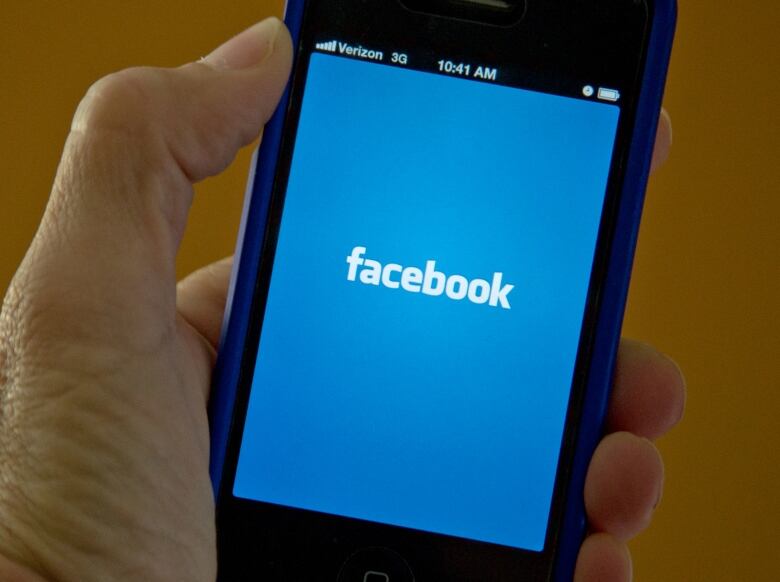
It is stillunclear whether these particular changes to Facebook will be effective in fighting fake news. But I do take Facebook's attention to the issue as an encouraging sign.












_(720p).jpg)


 OFFICIAL HD MUSIC VIDEO.jpg)
.jpg)



























































































